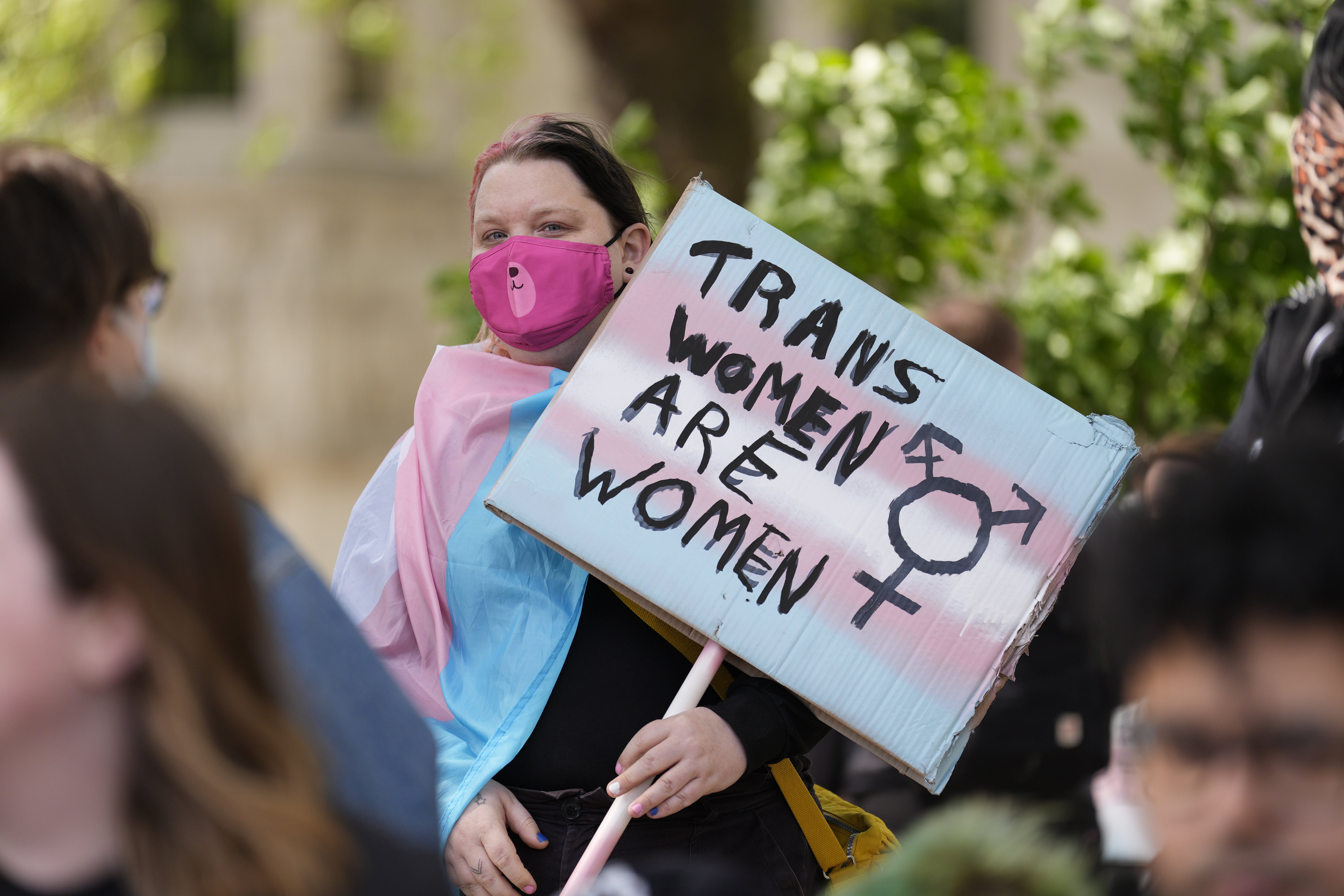The only ever judge to publicly say they are transgender in the UK is taking the government to the European Court of Human Rights over the ruling that trans women are not legally women under the Equalities Act.
The long-awaited judgment from the Supreme Court was hailed by gender critical campaigners but led to warnings it would “exclude trans people wholesale from participating in UK society”.
Dr Victoria McCloud, 55, who stood down last year, is bringing action against arguing a breach of her rights under article six of the European Convention on Human Rights.
She claims the court refused to hear her views on how the ruling would affect her and other trans people. Another trans person had also wanted to give evidence.
Dr McCloud came out as trans in her twenties and is one of about 8,000 people to have legally changed the sex on their birth certificate.

Dr McCloud sought to present evidence to the Supreme Court about how the outcome of the ruling would affect her and other trans people. She has since accused them of “refusing to hear me or my evidence”.
The court’s ruling means that transgender people can be excluded from single-sex spaces if “proportionate”.
Gender critical campaigners have hailed it as a victory but there are concerns it will put trans people at risk and exclude them from public life.
While the Supreme Court did consider arguments on how the ruling would impact trans people – including from Amnesty – they did not hear from trans activists.

Speaking to The Guardian, Dr McCloud said the basis of her action was that “the Supreme Court refused to hear me, or my evidence, to provide them with information about the impact on those trans people affected by the judgment and failed to give any reasons”.
She added: “Those are two basic premises of normal justice. There were protest groups speaking on behalf of women in this court case, but ordinary women were not actually represented as a whole.
“The disabled were not represented, and now we’re seeing the Conservatives saying that trans people have got to use the disabled loos, which impacts the lives of disabled people. The impacts of all of this have not been dealt with.”
She added that rather than bringing clarity, the judgement and subsequent statements had “brought chaos”.
Doctors at the British Medical Association (BMA) have also condemned the Supreme Court’s ruling on biological sex, dubbing it “biologically nonsensical” and “scientifically illiterate”.
The branch of the union which represents resident doctors, around 50,000 medics previously known as junior doctors, passed a motion on Saturday criticising the judgment, which ruled that trans women are not legally women under the Equalities Act.
Earlier this month five judges from the Supreme Court, the highest court in the UK, ruled unanimously that the terms “woman” and “sex” in the Equality Act refer to a biological woman and biological sex, in a decision that will have wide-ranging ramifications for trans women’s rights to use services and spaces reserved for women.
It means that transgender women with a gender recognition certificate (GRC) can be excluded from single-sex spaces.
